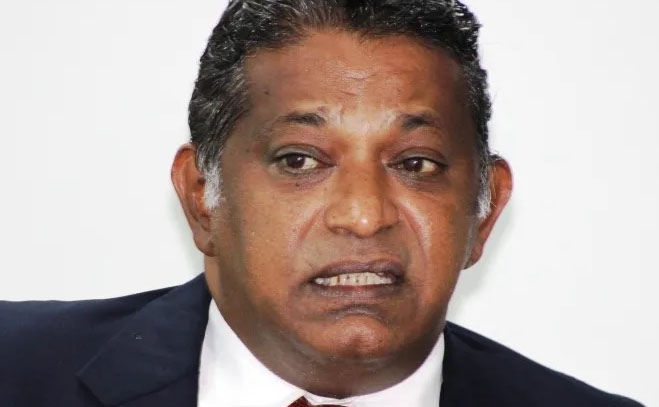By filing an intervention petition in the Supreme Court, the Centre for Policy Alternatives (CPA) has informed the court that the private member’s bill submitted to parliament seeking to amend Sri Lanka’s penal code with the aim of protecting the country’s LGBTQI community is constitutional and is in adherence with Sri Lanka’s international obligations.
The CPA has filed this intervening petition against the Special Determination petition, which challenged the constitutionality of the bill, after seeking a declaration that the bill requires the approval of the people at a referendum in addition to the 2/3 approval of the Parliament.
The intervening petitioners, Executive Director of the Centre for Policy Alternatives (CPA) Dr. Paikiasothy Saravanamuttu, Senior Researcher at CPA Bhavani Fonseka, former Commissioner at the Office on Missing Persons, and a Member of CPA Mirak Raheem, informed that they were disheartened to learn that a group of three petitioners had filed a petition in the Supreme Court challenging the constitutionality of the Penal Code (Amendment) Bill, which seeks to “amend provisions that make sexual orientation a punishable offence by discriminating sexual relations between consenting adults of the same sex.”
The intervenient petitioners maintained that the Special Determination Petition challenging the bill’s constitutionality is riddled with bias, antiquated thinking, and a patent lack of regard for the rights and liberties of others.
The Intervenient Petitioners recognize that the criminalization of sexual relations between consenting adults is an archaic colonial value with no resonance with human rights standards. Such thinking was evident when the Supreme Court of Sri Lanka held, ‘The contemporary thinking that consensual sex between adults should not be policed by the state nor should it be grounds for criminalization appears to have developed over the years and may be the rationale that led to the repealing of the offence of gross indecency and buggery in England’ (SC Appeal 32/2011).
The intervening petitioners believe that the passage of the bill by Parliament is the first step in addressing long-overdue reforms to ensure all citizens are equal before the law and treated with dignity and respect.





